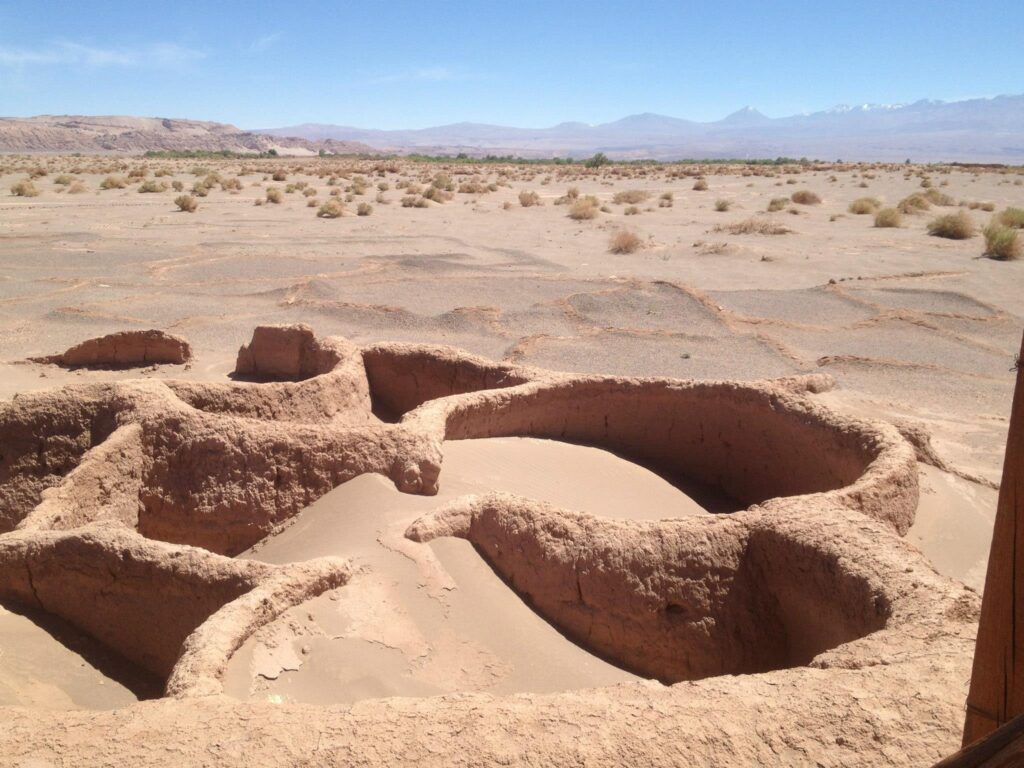
It is with great pleasure that we announce the 2025 ICAHM Annual Meeting will be held in San Pedro de Atacama, Chile from 12-16 May 2025.
For more information: https://www.icahm2025.com
UPDATED Program: ICAHM Annual Meeting
The ICAHM pre-conference tour to Easter Island and post-conference tour to Patagonia
Themes
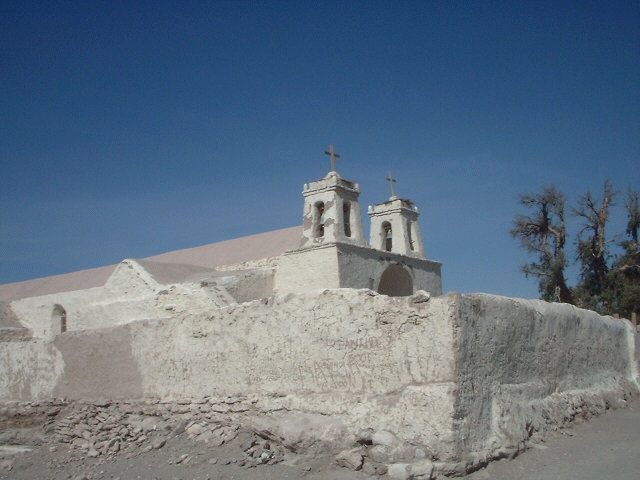
1. Strategies and Objectives for the Management of Archaeological Heritage
UNESCO has inscribed more than 1,200 properties on the World Heritage List, a wide range of challenging complexities in terms of sustainable development, new climatic conditions, and tourism. Many WH properties are archaeological sites, but there are many important archaeological sites not (yet) on the WH List. By implementing sound principles of archaeological heritage management at these sites prior to WH nomination, State Parties will be better situated for eventual WH inscription, if that is to be pursued. This session will explore the principles, strategies and objectives of the management of significant archaeological sites both on and not yet on the World Heritage List. Participants will explore effective management of archaeological sites, and in the process offer a vision of the challenges faced at national and local level.
UNESCO ha inscrito más de 1.200 bienes en la Lista del Patrimonio Mundial, una amplia gama de complejidades desafiantes en términos de desarrollo sostenible, nuevas condiciones climáticas y turismo. Muchas propiedades de WH son sitios arqueológicos, pero hay muchos sitios arqueológicos importantes que (todavía) no están en la Lista de WH. Al aplicar principios sólidos de gestión del patrimonio arqueológico en estos sitios antes de la nominación del patrimonio arqueológico, los Estados Partes estarán mejor situados para una eventual inscripción en el patrimonio arqueológico, si se pretende conseguirlo. En esta sesión se analizarán los principios, estrategias y objetivos de la gestión de sitios arqueológicos importantes que se encuentran en la Lista del Patrimonio Mundial y que aún no lo son. Los participantes explorarán la gestión eficaz de los sitios arqueológicos y, en el proceso, ofrecerán una visión de los desafíos que se enfrentan a nivel nacional y local.
Coordinators
Nicole Franceschini, ICCROM-IUCN World Heritage Leadership Program
Matt Whincop, ICAHM Secretary General, Director Whincop Archaeology
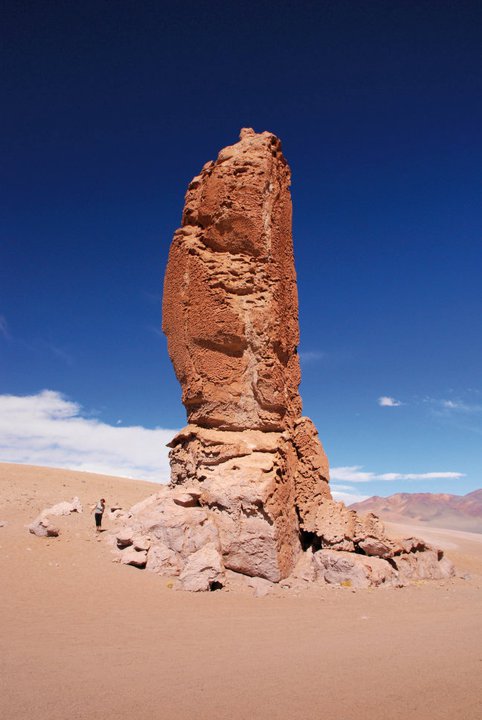
2. Archaeology, Astronomy and Geoglyphs in Northern Chile and Surrounding Areas
Pioneering studies reveal interesting connections between images of geoglyphs, especially from the Andean area, with astronomical orientations that could constitute new clues to the complexity of past cultural developments in the Andean south. Although the nature of these geoglyphs largely corresponds to caravan activities, with the desert being a broad vision, the course of these caravans has been oriented by astronomical positions in which geoglyphs may have played a crucial role. A very important perspective has to do with the enhancement of a true Archaeological Park of Geoglyphs. This has been proposed by ICAHM-ICOMOS, in relation to the role of the communities and local traditions of the Andean peoples of Northern Chile, who are part of what we know as the Andean World. Hence, the Symposium has the participation of leaders of the Aymara and Quechua communities of the region.
Estudios pioneros revelan interesantes conexiones entre las imágenes de geoglifos especialmente del área andina, con orientaciones astronómicas que podrían constituir nuevas claves para la complejidad de los pretéritos desarrollos culturales en el sur andino. Aunque la naturaleza de estos geoglifos en gran parte se corresponde con las actividades caravaneras, siendo el desierto de una visión amplia, el derrotero de estas caravanas ha estado orientado por posiciones astronómicas en las que los geoglifos pueden haber jugado un rol crucial. Una perspectiva muy importante a desarrollar tiene que ver con la puesta en valor de un verdadero Parque Arqueológico de Geoglifos, tal como lo propone ICAHM-ICOMOS, en relación al rol de las comunidades y las tradiciones locales de los pueblos andinos del Norte de Chile, que son parte de lo que conocemos como Mundo Andino. De allí que el Simposio cuente con participación de líderes de las comunidades Aymara y Quechua de la región.
Coordinators
Markus Reindel, German Archaeological Institute (Bonn), Luis Pérez Reyes, Director Iquique Museum
Ricardo Moyano, Department of Astronomy, Universidad La Serena
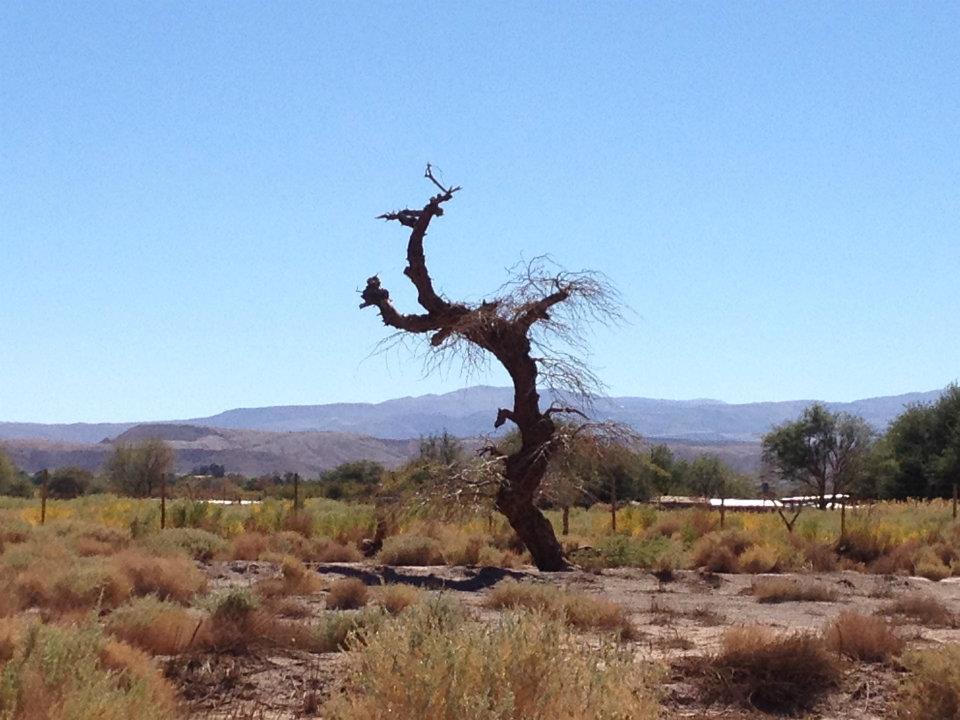
3. Climate Change, Integrity and Archaeological Sites Management
Climate change has emerged as the greatest threat to archaeological heritage globally. Short-term hazards like flooding and coastal erosion are impacting extant archaeological features while longer term climatic changes are threatening subsurface deposits and artefact collections in museums. Indirect impacts from social changes also threaten expertise essential for conservation. This session will be open to papers related to the conservation and protection of archaeological sites due (both directly and indirectly) to climate change and papers which address issues of sustainability and reduction of risk and broader vulnerabilities. It particularly welcomes papers which consider climate actions and archaeological conservation in hyper-arid environments such as Northern Chile.
El cambio climático se ha convertido en la mayor amenaza para el patrimonio arqueológico a nivel mundial. Los peligros a corto plazo, como las inundaciones y la erosión costera, están afectando a las características arqueológicas existentes, mientras que los cambios climáticos a largo plazo amenazan los depósitos subterráneos y las colecciones de artefactos de los museos. Los impactos indirectos de los cambios sociales también amenazan la experiencia esencial para la conservación. Esta sesión estará abierta a ponencias relacionadas con la conservación y protección de los yacimientos arqueológicos debidos (tanto directa como indirectamente) al cambio climático y ponencias que aborden cuestiones de sostenibilidad y reducción de riesgos y vulnerabilidades más amplias. En particular, se aceptan trabajos que consideren las acciones climáticas y la conservación arqueológica en ambientes hiperáridos como el norte de Chile.
Coordinators
William Megarry, Queen’s University, Belfast
Mario A. Rivera, Chicago Field Museum, ICOMOS Chile-ICAHM
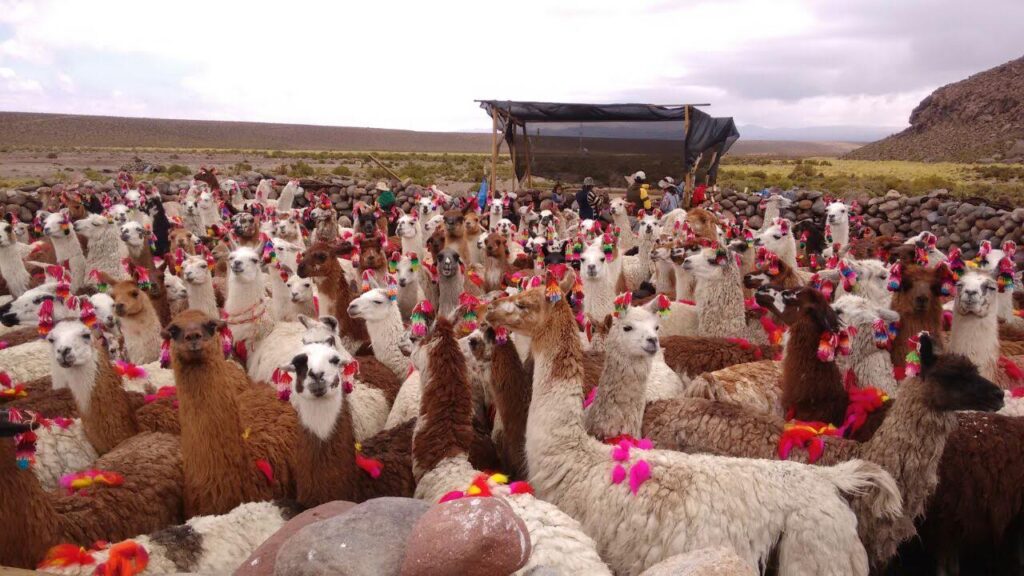
4. Public Archaeology and Native Peoples
Public archaeology is the discipline that disseminates archaeological knowledge and its associated praxis to the public and that collaborates with aboriginal communities in the design and execution of archaeological projects related to their living ancestors and descendants. We are interested in requesting works that develop an archaeological praxis for the recognition and incorporation of cultural values and the rights of Indigenous Peoples. This contemporary theme fosters community archaeology and engagement with local communities and descendant groups. We look forward to hearing presentations that represent a wide variety of experiences from Indigenous Peoples around the world.
We will promote the participation of professionals involved in indigenous heritage in order to maintain a dialogue on the recognition and promotion of indigenous peoples’ rights in World Heritage nominations, considering the objectives of these populations in terms of being included in this list, taking into account their own definitions of heritage, safeguarding and protection of the same.
La arqueología pública es la disciplina que difunde el conocimiento arqueológico y su praxis asociada al público en general y que colabora con las comunidades aborígenes en el diseño y ejecución de proyectos arqueológicos relativos a sus antepasados y descendientes vivos. Estamos interesados en solicitar trabajos que desarrollen una praxis arqueológica para el reconocimiento e incorporación de los valores culturales y los derechos de los Pueblos Originarios. Este es un tema contemporáneo que fomenta la arqueología comunitaria y el compromiso con las comunidades locales y los grupos de descendientes. Esperamos escuchar presentaciones que representen una amplia variedad de experiencias de Pueblos Originarios de todo el mundo.
Promoveremos la participación de los profesionales vinculados con el patrimonio indígena a fin de mantener un diálogo sobre el reconocimiento y la promoción de los derechos de los pueblos indígenas en las candidaturas al Patrimonio Mundial considerando los objetivos de estas poblaciones en términos de ser incluidos en esta lista teniendo en cuenta sus propias definiciones de patrimonio, salvaguarda y protección del mismo.
Coordinators
Nelly Robles, ICAHM Vice President, Director of the Mote Alban Archaeological Zone, Oaxaca, Mexico
Ulises Cárdenas Hidalgo, ICAHM – ICOMOS CHILE, San Pedro de Atacama.
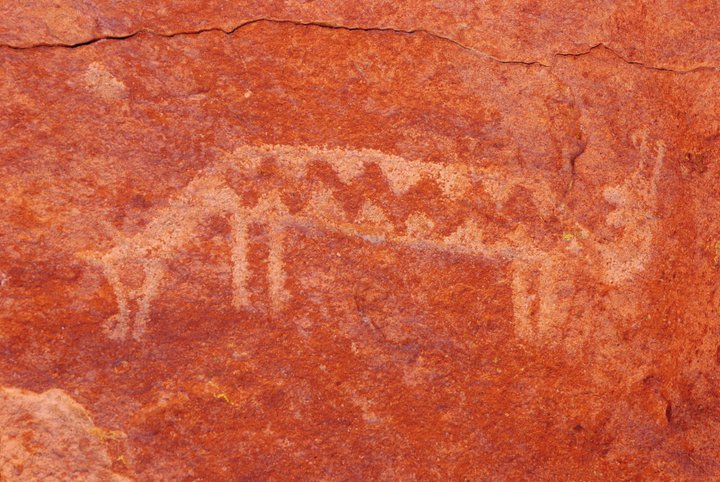
5. Archaeological Heritage and Sustainable Tourism
Archaeological sites play an important role in the list of cultural heritage. As such, they respond to a complexity in themselves due to their contexts where they are located, in addition to their fragile and non-renewable nature that requires very special management, research and conservation activities. Important in relation to tourism, attention must be paid to the financial resource that certain sites can provide in the face of the deterioration that can be produced by excessive public attendance that puts at risk the values of integrity and authenticity of them. The roundtable will exercise an open exchange of ideas and good practices in the governance and preservation of cultural heritage, development of new attractions, programs and good practices that address an understanding of sustainability issues.
Los sitios arqueológicos conforman un rol importante en la lista de patrimonio cultural. Como tales, responden a una complejidad de por si debido a sus contextos donde se ubican, además de su naturaleza frágil y no renovable que requiere de manejos, investigaciones y actividades de conservación muy especiales. Importante en relación al turismo debe atenderse al recurso financiero que puede proveer determinados sitios frente al deterioro que puede producir una asistencia de público excesiva que pone en riesgo los valores de integridad y autenticidad de ellos. La mesa redonda ejercerá un intercambio abierto de ideas y buenas prácticas en la gobernanza y preservación del patrimonio cultural, desarrollo de nuevas atracciones, programas guías de buenas prácticas que atiendan una comprensión acerca de los temas de sustentabilidad.
Round Table with participation of:
Peter DeBrine, Senior Project Officer UNESCO World Heritage Center
Cynthia Dunning, Archaeoconcept, Switzerland
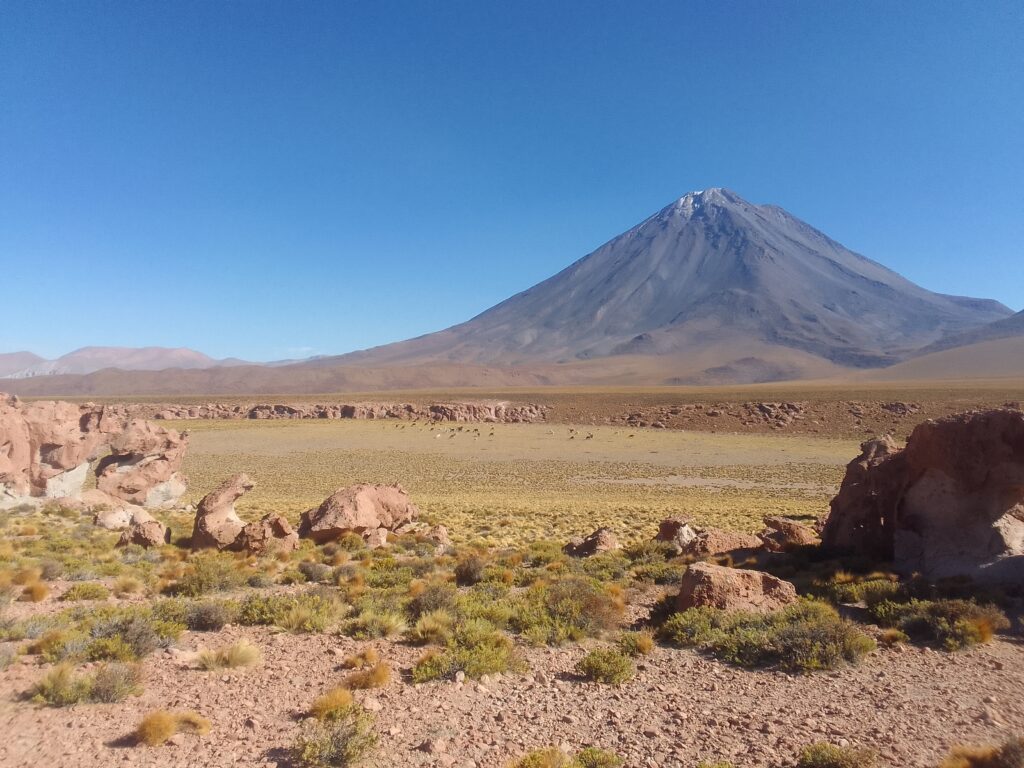
6. Processes of Plundering and Restitution of Archaeological and Anthropological Collections
Andean and Pacific coastal South America has a long sequence of prehistoric settlements well known because of their excellent preservation. However, since the early Spanish conquest and subsequent colonial times, preservation of cultural heritage has been threatened by looting and plundering. Europe and the US have the main archaeological collections that originated in the region. The analysis regarding policies of restitution globally of those collections to contemporary Aboriginal people living in heritage landscapes will be discussed in terms of recent international policies. Many contemporary case studies of heritage destruction have been dealt with through remote sensing, internet investigations, and international trafficking interdictions. This session would be open to the full range of plundering, its consequences, and mitigation and restitution measures.
La costa andina y del Pacífico de América del Sur tiene una larga secuencia de asentamientos prehistóricos bien conocidos por su excelente conservación. Sin embargo, desde los inicios de la conquista española y la posterior época colonial, la preservación del patrimonio cultural se ha visto amenazada por el saqueo. Europa y Estados Unidos tienen las principales colecciones arqueológicas que se originaron en la región. El análisis de las políticas de restitución a nivel mundial de esas colecciones a los pueblos aborígenes contemporáneos que viven en paisajes patrimoniales se examinará en términos de las políticas internacionales recientes. Muchos estudios de casos contemporáneos de destrucción del patrimonio se han abordado a través de la teledetección, las investigaciones en Internet y las interdicciones de tráfico internacional. Esta sesión estaría abierta a toda la gama de incautaciones, sus consecuencias y las medidas de mitigación y restitución.
Coordinators
Ian Lilley, ICAHM-ICOMOS Australia
Helena Arose, The Antiquities Coalition, Washington DC.

7. Archaeology and the Role of New Technologies in the Presentation and Interpretation of Sites
This topic relates to new technologies such as multimedia applications, 3-D virtual reconstructions, used in the interpretation of archaeological sites both for scientific purposes and for tourism and educational dissemination, analyzing the advantages and disadvantages of these applications. This theme is also connected with the main purpose of the Charter for the Interpretation and Presentation of World Cultural Heritage Monuments (UNESCO 2008).
Este tema dice relación con las nuevas tecnologías como aplicaciones multimedia, reconstrucciones virtuales 3-D, utilizadas en la interpretación de sitios arqueológicos tanto con fines científicos como de difusión turística y educativos, analizando las ventajas y desventajas de estas aplicaciones. Este tema está en relación con la Carta para la interpretación y presentación de Monumentos de Patrimonio Cultural Mundial (UNESCO 2008).
Coordinators
Ginevra Niccolucci, PRISMA, Florencia, Italia
Andrea Jalandoni, Griffith University
Dates
| 12 May 2025 | 1. Strategies and Objectives for the Management of Archaeological Heritage |
| 13 May 2025 | 2. Archaeology, Astronomy and Geoglyphs in Northern Chile and Surrounding Areas |
| 14 May 2025 | 3. Climate Change, Integrity and Archaeological Sites Management |
| 15 May 2025 | 4. Public Archaeology and Native Peoples |
| 5. Archaeological Heritage and Sustainable Tourism | |
| 16 May 2025 | 6. Processes of Plundering and Restitution of Archaeological and Anthropological Collections |
| 7. Archaeology and the Role of New Technologies in the Presentation and Interpretation of Archaeological Sites |
Call for papers
Here are the latest Calls for Papers in English, Spanish and Portuguese, which outline the themes of the conference.

